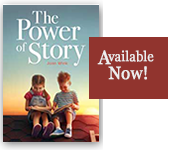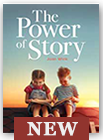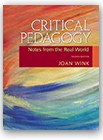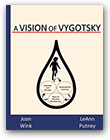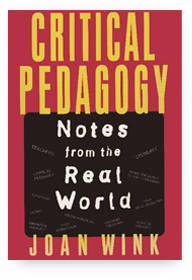pp. i-xiii
by Joan Wink
Published by Libraries Unlimited/ABCLIO
Copyright © 2018 by Joan Wink
Jamison (2016) believes that storytelling is a way to imagine lives beyond our own and to question long-held assumptions that have become familiar. Rethinking and reflecting on previous stories can lead us to a more complicated truth. Stories have been a vehicle for transmitting culture, knowledge, and identity for centuries. Stories, whether oral, written, digital, or graphic, have the capacity to capture the human spirit. Each story is bendable and malleable depending on the interpretation and delivery. It is able to convey big ideas or concepts in a very meaningful, concrete, and authentic way.
Storytelling while teaching is not a new concept, and its inherent value has stood the test of time. As teachers, we are constantly telling stories. What I remember most vividly from my own high school education are the stories that my teachers used to tell me when illustrating a point or teaching a big concept. I was an A+ student but I cannot recall a single lecture or fact or graph that was shown to me. What I do remember are those very real stories that helped me connect to their lives.
Stories have the power to engage the audience, draw them into a life other than their own. It requires the audience or reader to invest themselves into the story. Its entertainment value is a natural motivator for students. This increases intrinsic motivation and decreases students’ affective filter.
The act of listening to a story also focuses students’ attention on sharpening their listening skills while learning content and having fun. Teachers can use storytelling as an opportunity to model oral fluency and accuracy for language learners. This is wonderful for beginning and emergent language learners because this is in line with their language development process. It also releases students from the pressure of having to produce language in the early stages.
In the latter or advanced stages of language acquisition, students will benefit from the dialogue that is so easily generated in response to storytelling. In addition, storytelling “initiates writing because children will quickly want to write stories and tell them” (Friday, 2014, July 11). Students will be excited to write stories and become storytellers themselves.
